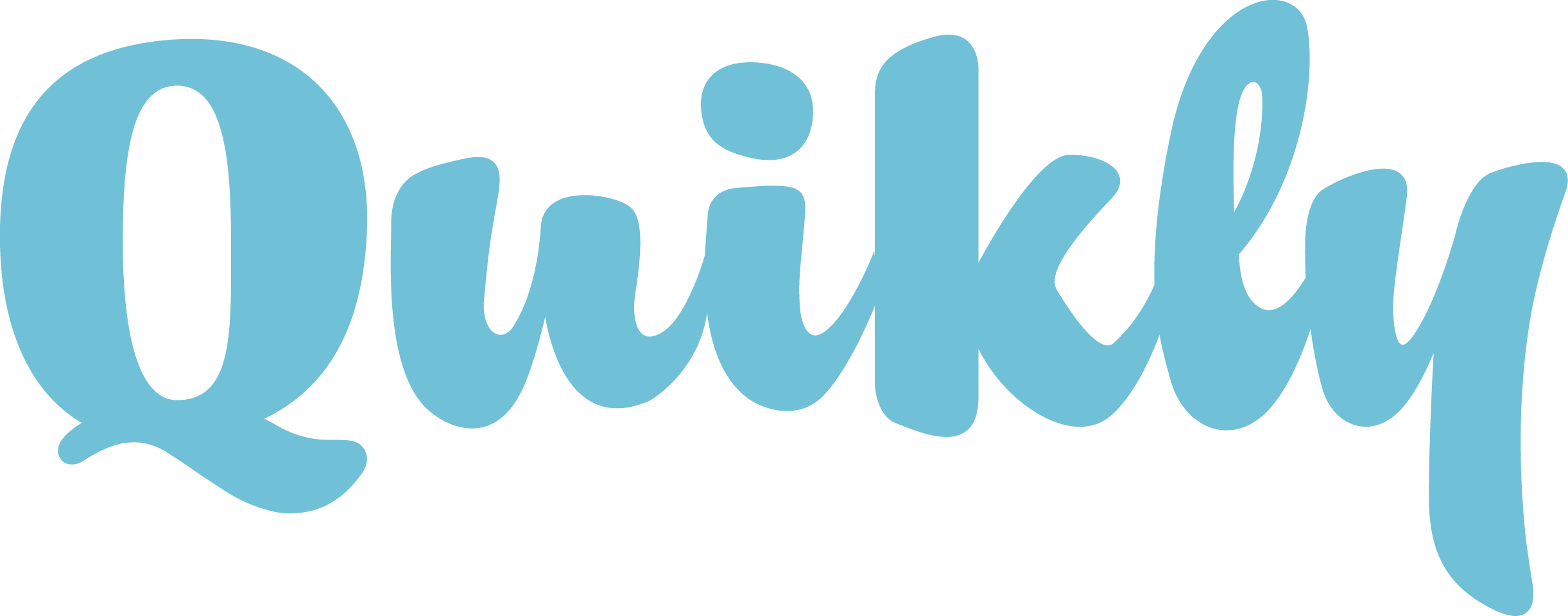Consumer Psychology, B2C Marketing
The benefits of FOMO for consumers
Lindsay Keener
Brand Journalist

Alleviating consumer pain points is a top priority for your B2C brand. You want your consumers to feel good as quickly as possible, and you’re dedicated to doing whatever it takes to make that happen. But when’s the last time you used negative emotions to create a pleasurable shopping experience?
Dr. Christopher Fasano, neuroscientist and Chief Growth Officer for OverIt Media, a full-service digital and traditional marketing agency, explained one major benefit behind the fear of missing out (FOMO): You get to save the day.
Why does FOMO happen?
No matter how unpleasant fear might feel, it wasn’t created to cause you pain — it was created to save you from it.
Fear often comes from a place of uncertainty, and for many humans, it’s used as a defense mechanism to prevent potential hardships. Being aware of what’s to come has a very primitive origin in our brain, and Fasano says its sole purpose is to enhance our well-being.
“Way back when humans first evolved, their day-to-day function was to survive; their primary goal was to figure out: ‘How am I going to get food today?’ And you can imagine that being ‘in the know’ [about a food or water source] would greatly engage their ability to survive,” Fasano said. “Obviously, we don’t have to live like hunters and gatherers anymore, but we still hold the same primitive wiring and functioning of wanting to be in the know.”
That primitive functioning takes place in the limbic system, the more emotional part of the brain.
“[The limbic system] is the part of our brain that responds first, and then the cerebral cortex weighs our feelings [against logic]. Fear is located in the amygdala. The amygdala’s job is to detect whether something is a threat to our survival, and if you’re not getting vital information or you feel like you’re missing out on something, that can be enough to evoke fear,” said Fasano.
FOMO can help consumers meet their purchase needs
When humans are physiologically stressed, it doesn’t feel good, and the immediate response is to find a way to avoid it. Essentially, acting on FOMO is an attempt to prevent a stress response.
In other words, feelings of fear and anxiety ultimately create urgency, which causes action. Why? Because your consumers want to feel better. And when you can help them along in that process, they’ll thank you for your assistance by buying your products.
“This fear of missing out can be a very strong motivator. When you figure out a way to avoid that stress, your brain feels rewarded, and you’ll continue coming back to the product or service,” said Fasano.
During our conversation, Fasano shared a personal experience he’d recently had with FOMO. He was looking to buy a home security system and received an offer to get a camera for his backyard at a discounted price. As enticing as the offer was, he didn’t buy it. He then got another email letting him know that other consumers had taken advantage of the deal and enjoyed it. This created major feelings of FOMO in Fasano, but then the company did something else: They offered him another chance. He plans on moving forward to make the purchase.
“If you can lower the anxiety of a consumer, they are much more likely to purchase your product. There’s always going to be anxiety around making a choice, because with every choice there’s a loss,” said Fasano. “When I had to buy the product I was faced with a choice, but I didn’t want to commit to spending that much money even though I knew I needed it. Now, I have anxiety, but I didn’t have to worry for long because I got a beautiful email offering it again.”
FOMO can strengthen consumer culture
You can also leverage this fear of missing out by creating a community of like-minded people doing something with your product that makes other consumers who don’t have it feel like they’re getting the short end of the stick.
To emphasize this point, Fasano described the brand love many consumers have for Apple products. Despite the many technology brands available on the market, Apple has cultivated a loyal customer base that continues to rely on them for products. Fasano says the fear of missing out on the latest innovations by Apple is a large reason why they have returning customers.
“They’ve created a culture and a brand that people want to be associated with. People feel like if they don’t have an Apple product they’re missing out, and that’s really the main reason they keep going back. Even when they consider buying from a different brand, they go back to Apple,” Fasano said. “Marketers can create this sort of community, and the best way to do that is by showing what other people are doing. People aren’t buying from Apple because Apple tells them to, they do it because everyone is using those products.”
This example also shows how the concept of FOMO has even deeper roots in psychology. Social proof is the psychological principle that people are more likely to follow the lead of those they know or trust. When it’s combined with FOMO, you get the Apple scenario Fasano described.
The fear of missing out isn’t always a bad thing, especially when it leads to consumers getting their needs met. Don’t be afraid to stir feelings of FOMO in your customers — they might just be happy you did.
Lindsay Keener
Lindsay Keener is a brand journalist for Quikly. She covers stories that help to inform and educate consumer-facing marketers.
Lindsay Keener
Lindsay Keener is a brand journalist for Quikly. She covers stories that help to inform and educate consumer-facing marketers.

